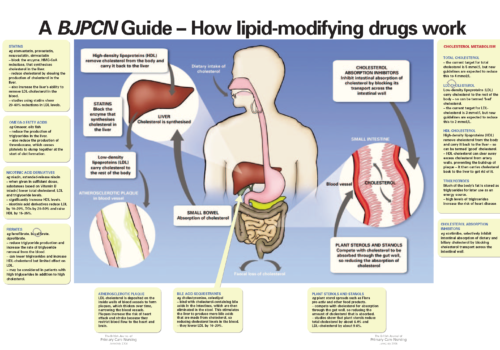Primary care nurses play a central role in the management of type 2 diabetes in the community. This includes helping patients to use their drug treatment correctly. Although many patients with type 2 diabetes initially respond well to weight loss and exercise, most require oral hypoglycaemics and half of all patients eventually require insulin to control their glucose levels in order to prevent the devastating long-term complications of inadequately controlled diabetes. Linda Goldie gives an up-to-date review of the newer insulins – including the insulin analogues, insulin lispro, insulin aspart and insulin glargine – that have been introduced.






















